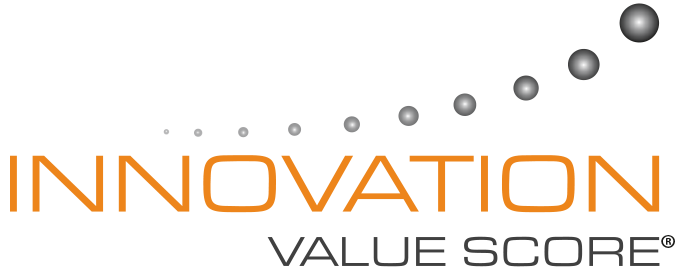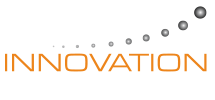Introduction
Artificial Intelligence (AI) has emerged as a powerful tool in revolutionizing the field of education. Thanks to these technologies, students have opened many opportunities for themselves in simplifying the search for information. Today, online resources, especially providers of educational services, are developing at a rapid pace, so each student can quickly get an answer to the request write my outline for me. This article will provide an overview of AI in education, highlighting its importance and potential in transforming teaching and learning.
Understanding AI in Education
AI plays a significant role in educational settings by leveraging advanced technologies to enhance the learning experience. It is important to differentiate between AI, machine learning, and deep learning, as they are often used interchangeably. Furthermore, examples of AI applications in education showcase its versatility and impact.
Benefits of AI in Education
AI brings a multitude of benefits to education, starting with personalized learning experiences. Adaptive learning platforms and intelligent tutoring systems leverage AI algorithms to tailor instruction based on individual student needs. This fosters a more engaging and effective learning environment. Additionally, AI enhances administrative tasks, automating grading, scheduling, and other administrative processes, thereby streamlining resource allocation and optimizing institutional effectiveness. Furthermore, AI enables data-driven insights, analyzing educational data to identify trends, patterns, and areas for improvement.
AI Tools and Technologies in the Classroom
The integration of AI-powered tools and technologies in the classroom is transforming the learning landscape. Virtual assistants and chatbots provide personalized student support, answering questions and guiding learners. Interactive simulations and virtual reality (VR) applications offer immersive learning experiences that aid in comprehension and engagement. Intelligent content creation and assessment tools, such as automated essay scoring and plagiarism detection, streamline the evaluation process while ensuring fairness. Content recommendation and customization utilize AI to deliver tailored learning materials to students.
Ethical Considerations and Responsible Use of AI in Education
While AI offers immense potential, ethical considerations are paramount. Transparency, fairness, and privacy must be ensured in the use of AI tools. Addressing concerns related to bias and data security is essential to maintain trust in AI-powered education systems. Striking a balance between technological advancements and responsible use is crucial.
Impact on Teaching and Learning Methods
AI revolutionizes teaching and learning methods by redefining the role of educators. Rather than traditional lecturing, educators become facilitators, focusing on creativity, critical thinking, and problem-solving skills. AI fosters collaborative and interactive learning through virtual collaboration tools and AI-supported group activities, fostering student engagement and participation. Additionally, AI-based adaptive learning platforms bridge educational gaps and address individual learning needs, supporting lifelong learning and skill development.
Challenges and Considerations
As AI becomes more prevalent in education, it is important to address challenges and considerations. Equity and accessibility are vital, ensuring equal access to AI tools and resources and addressing the digital divide. Ethical implications and data privacy concerns should be carefully managed to protect student data and mitigate biases. Educators need adequate training and professional development to effectively integrate AI tools into their classrooms, promoting digital literacy and ethical AI awareness. Future Possibilities and Trends
Emerging technologies hold vast potential for education. Predictions for the future of AI in teaching and learning include advancements in natural language processing, personalized learning experiences, and AI-powered tutoring. These possibilities have profound implications for educational institutions, stakeholders, and policymakers.
Conclusion
AI in education has the power to revolutionize teaching and learning. Educators and stakeholders are encouraged to embrace AI responsibly, ensuring its ethical use and continuously promoting research, collaboration, and innovation in the field.

